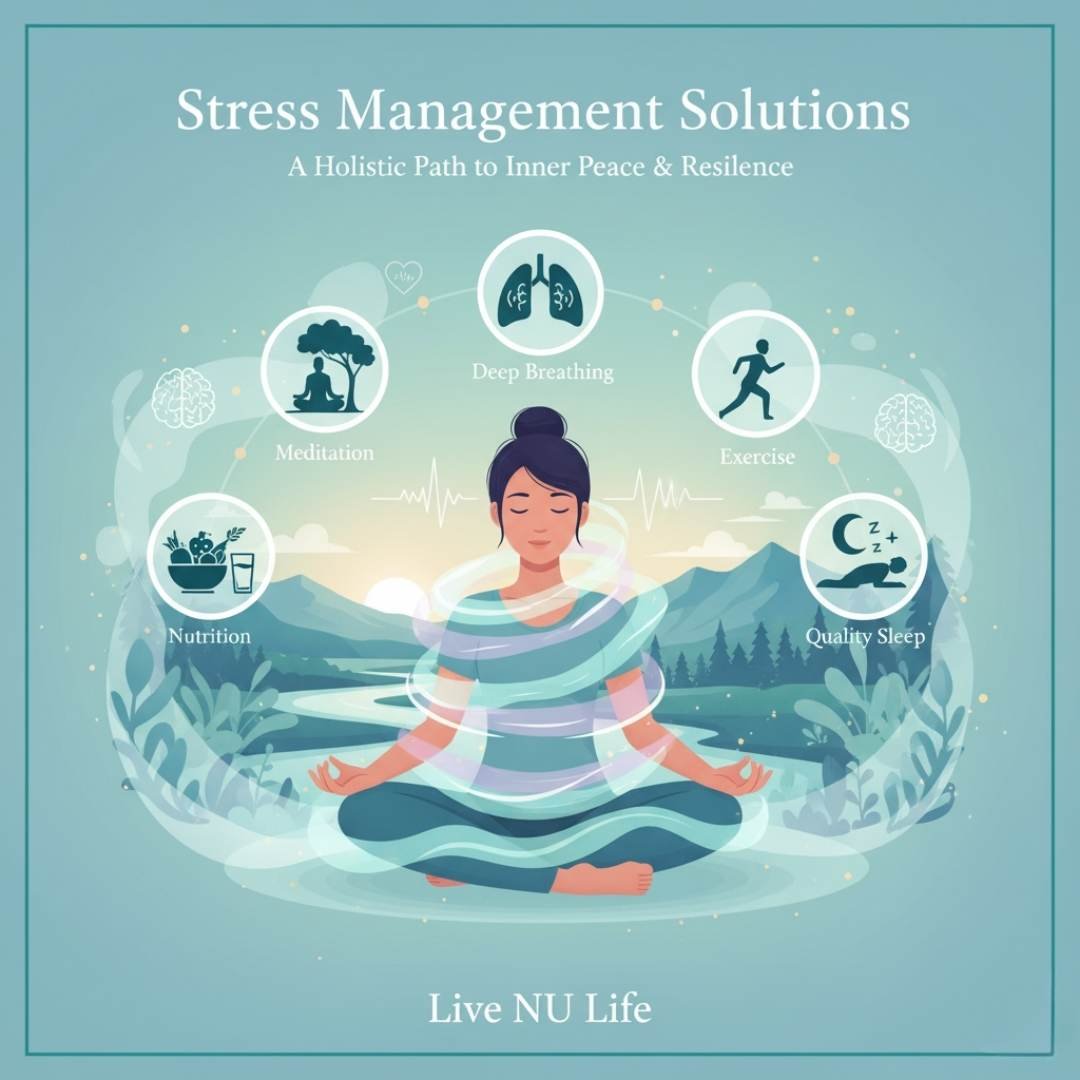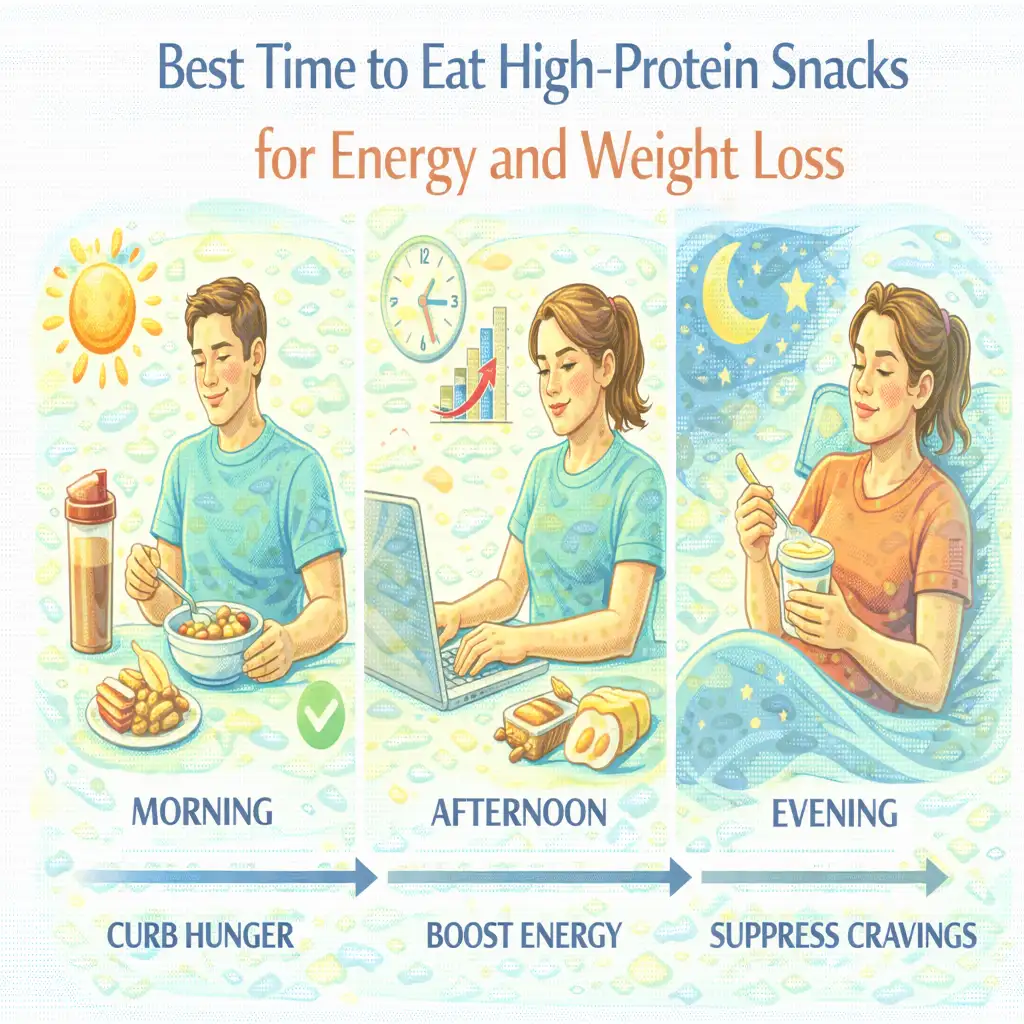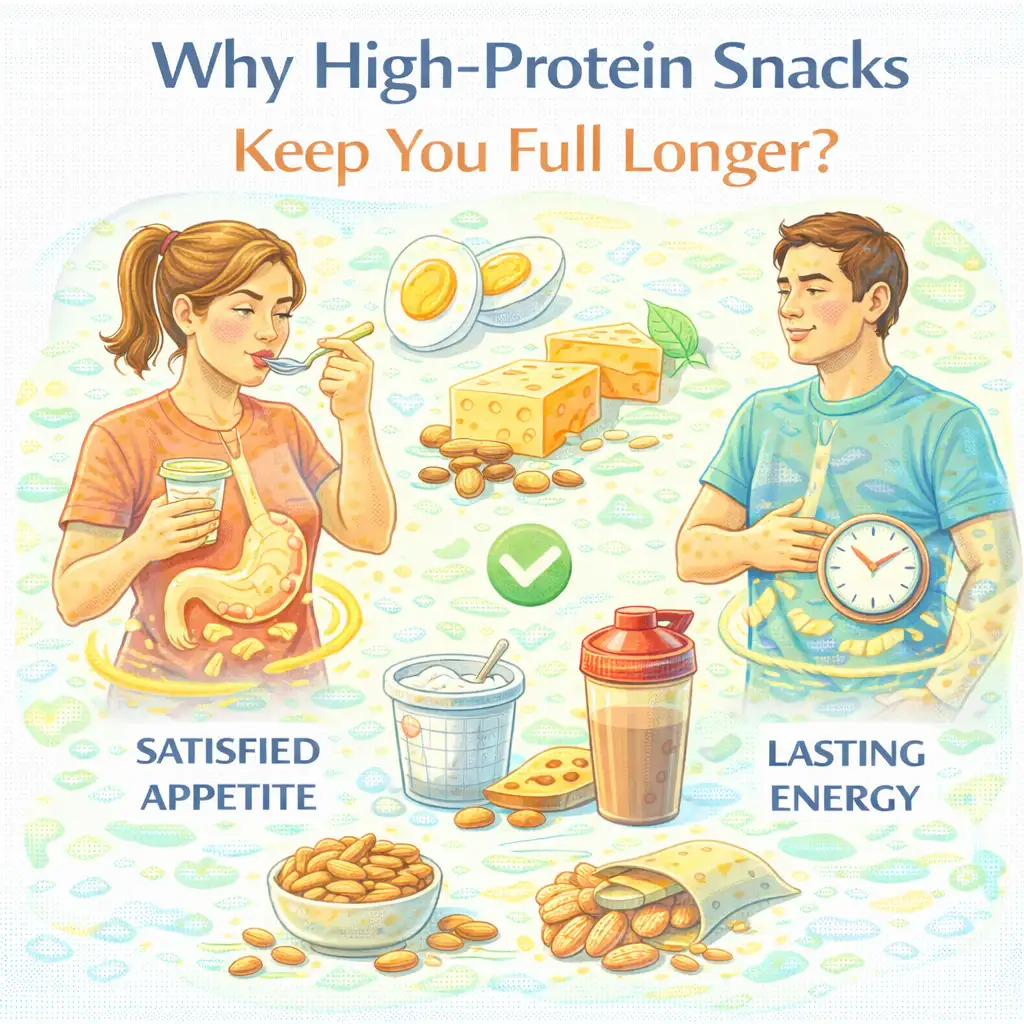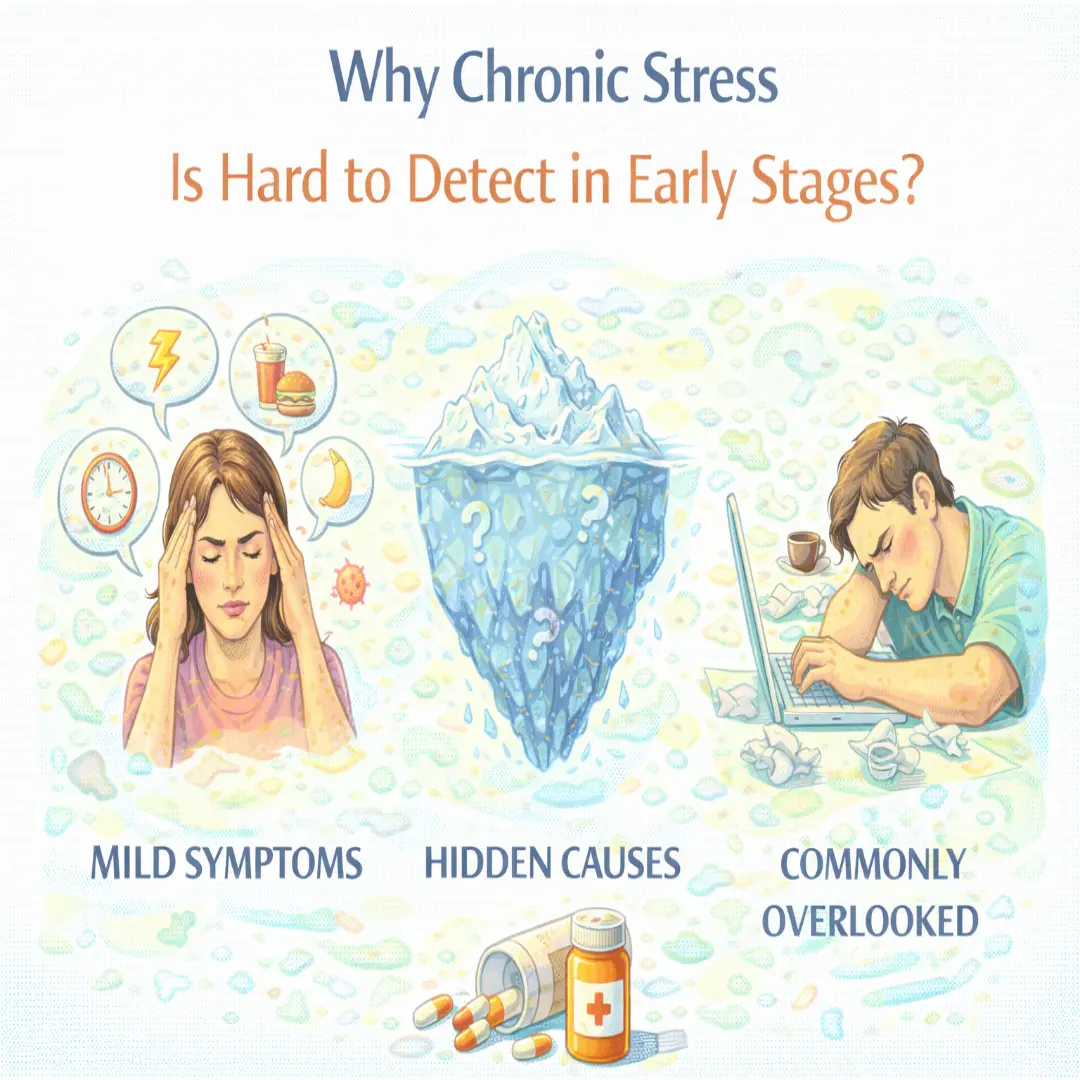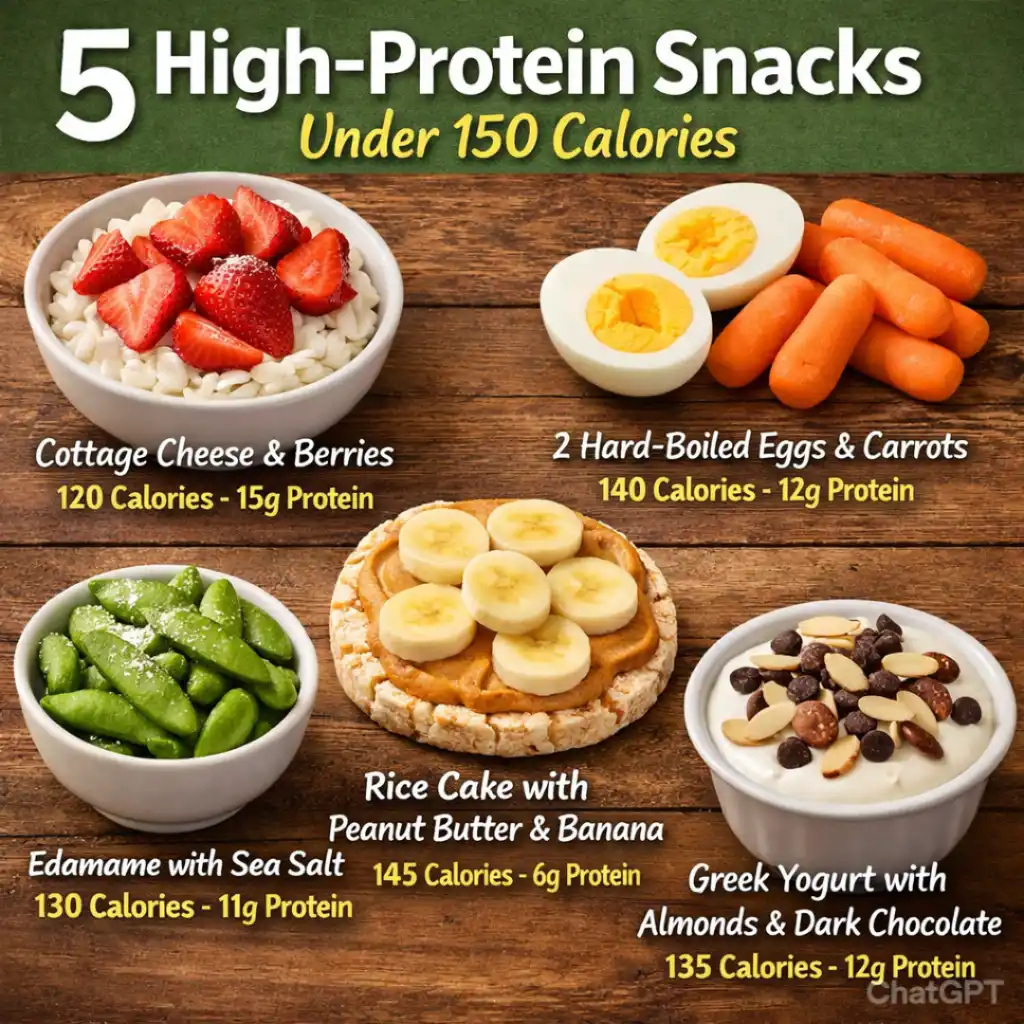Table of Contents
ToggleUltimate Stress Management Solutions for Modern Life
Modern life move too fast. Phones buzz, deadlines chase, and mind never rest. Many people now search for stress management solutions or best ways to handle pressure. But most do not know where to begin. So start simple. Take one deep breath. Feel the chest rise and fall (don’t rush it). This small act already calm the nervous system.
Work stress, traffic noise, bad sleep—all this collect inside body like heavy stones. You must learn how to drop them. There are easy body-mind methods (like breathing, walking, or gentle qigong) that bring peace back. You don’t need fancy tools. Just attention and daily habit.
Think of it like cleaning your inner room. If not cleaned, dust keep piling. Same with stress, it block clarity. This guide will show the ultimate stress management solutions for modern busy life—step by step, simple, real.
Understanding Stress: Causes and Effects in Today’s World
Stress today is like a phone on 2% battery—always running apps, never closing them. And the body pay for it: headache, tight jaw, poor sleep, fast heart, and that foggy brain that makes small tasks feel heavy (like carrying wet clothes). Chronic stress is not only a mood issue; it push blood pressure up, disturb sugar control, and weaken immunity over time.
What stress is
- See stress as the body’s alarm system (HPA axis + adrenaline), meant for short bursts, not all-day pings.
- Short stress can help you act fast; long stress wears down organs and mood (like sandpaper on wood).
Common causes now
- Work pressure, deadlines, job insecurity, and overwork (always-on emails, night shifts).
- Money worries, family conflict, loneliness, social media comparison, and health news doomscroll.
- Chronic life strain: poverty, unhappy marriage, early trauma (this kind of stress linger).
Body effects
- Signs: headache, muscle pain, chest tightness, stomach upset, sleep problems, low sex drive.
- Long-term risks: hypertension, heart disease, stroke, type 2 diabetes, and lower immune defense.
- Brain changes: stress can shrink key areas and affect memory, focus, mood (like wires getting frayed).
The Science Behind Stress and Its Impact on Health
Stress is not only in the mind. It sit in the body also. You can feel it in chest tightness, in tired eyes, in upset stomach. Modern life make it worse — too many screens, less sleep, and too fast eating (you know this already). Let’s understand simply how stress work inside body and what it really do.
What Happen in Body When You Stress
- Brain release stress hormone cortisol (this is like a warning siren).
- Heart beat go fast and breathing turn shallow.
- Muscles get tight, shoulders come up (like you ready to fight or run).
- Stomach stop digesting for some time — that’s why you feel heart burnt or bloating.
How It Impact Health Slowly
- Too much cortisol make immune system weak. So, you catch cold easily.
- Sleep becomes poor. You wake up tired even after long hours.
- Sugar and blood pressure go high. (body always ready for action mode).
- Mind get foggy and memory slip.
Simple Ways to Calm
- Sit quiet for 5 minutes, slow down the breath.
- Stretch neck and shoulders (just easy twist).
- Go outside, look at trees or sky.
- Write worry on paper, then close the book.
Top Natural Stress Management Techniques That Work
Stress hit everyone. You sit long at work, eye glued at screen, stress come. Too much argument at home, stress build up again. Don’t ignore this. Body hurt. Mind tired. Try these natural stress management techniques. No fancy stuff. Just follow step, feel lighter. (Use this guide as your daily stress tips.)
Deep Breathing and Relaxation
- Sit down, feet touch the floor. Close eyes. Inhale slow, count to four. Hold. Now exhale out, count to six.
- Do this five rounds. Feel chest relax. Heart slow down (like calming angry dog).
Meditation and Mindfulness
- Sit quiet. Let thoughts float, don’t fight. Listen to breath or sound. If mind wander, pull back (like catching chicken in yard).
- Try short five minute at start. Build up day by day.
Physical Activity
- Move body. Walk, do pushups, stretch arms over head. (No gym needed.)
- Shake arms and legs loose, like rag doll. Let tension drop out.
Time in Nature
- Step outside. Look at trees, sky. Take off shoes, feel grass under feet (if possible).
- Let eyes rest on green. Noise goes down inside head.
Journaling and Self Reflection
- Get notebook. Write what trouble you, angry, happy, scared. Pour out on paper.
- Read back. Find pattern. Let go, don’t bottle it up.
Try one technique. If not work, switch. Stress not forever. Don’t keep inside. (Share with friend if need more help.)
Unlock timeless vitality with Anti-Aging Wellness: Your Complete 2025 Guide.
Modern Tools and Apps for Stress Reduction
Modern life push us too fast. Phones always beep, mind run all day, sleep go missing. Many people now use modern stress reduction tools. These tools no need to be complicated. You only need a phone and little discipline. Follow below simple things.
Use Meditation Apps
- Start with Calm or Insight Timer. Sit quietly, follow the voice (don’t press other buttons).
- Try short ones. Just 5 minute calm breathing before work.
- Track your habit. Apps show streaks, so you know you are improving.
Try Breathing Tools
- Install Breathwrk or Prana Breath. These guide inhale and exhale like a slow wave.
- Use box-breathing method. Inhale 4, hold 4, exhale 4, hold 4.
- Helps when panic come suddenly.
Use Stress Relief Gadgets
- Smartwatch reminder. Many send vibration when you stress (heart rate high). Stop then and breathe.
- Hand massager or acupressure tool. Feel like squeezing out tension from finger joints.
Digital Detox Apps
- Forest or StayFree. Lock phone for 30 mins. Grow a tree or earn focus time.
- (Nice trick for students and office people).
So, use tech not to run you crazy, but to calm your brain. Start small. 5 minutes daily is enough to reset inside.
Reduce stress naturally with 5 Natural Stress-Busting Techniques That Actually Work.
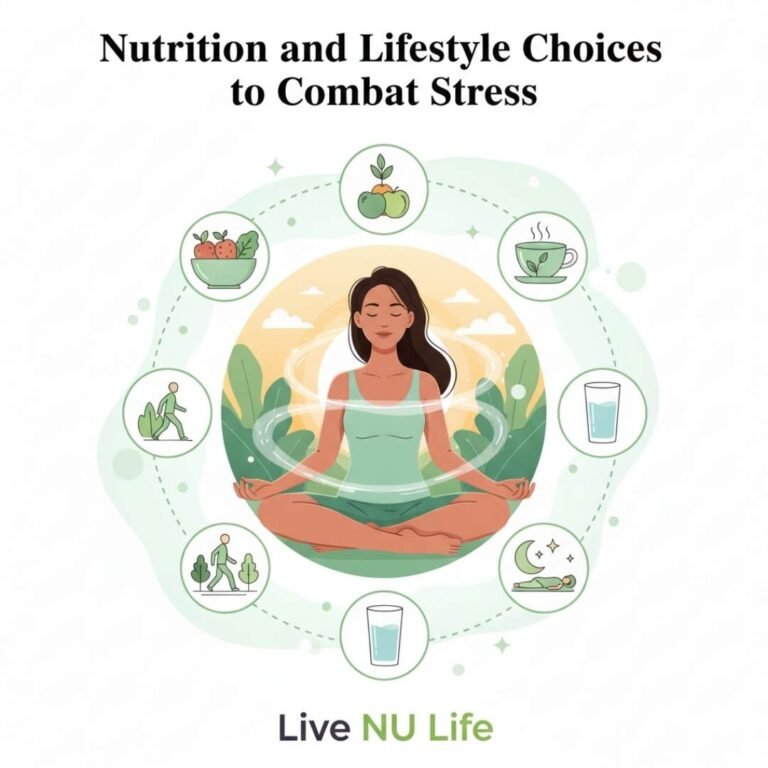
Nutrition and Lifestyle Choices to Combat Stress
Stress making life heavy. Mind clouded, body slow (like walking with heavy bag all day). I share simple tips—eat, move, sleep, think—to help push out stress from daily life. Eat better, rest good, body work right—this is key for staying strong against worry.
Eat Foods for Calm
- Take banana, yogurt, or handful nuts when worry strikes (quick snack, not big meal).
- Drink enough water. Less water make head hurt more.
- Skip oily, too spicy, or too much sweet (heart burnt, sleep problem come).
Move and Breathe
- Stand, stretch arms up, breathe deep through nose (feel ribs spread, good for lungs).
- Walk outside, 10-15 min, without phone. Sun on face, feet moving slow.
Good Sleep Practice
- Sleep same time every night (body like cycle).
- No mobile in bed (eye strain, brain too awake).
Control Your Day
- Write simple task list (one, two, three things)—finish one, cross off (brain happy, stress less).
- Laugh on small things, watch funny video (laughter shake off stress like dog shake off water).
Make these habits daily—like brush teeth. Small steps, every day, fight against stress. (Not all stress go, but feel much lighter.)
Dive into the next frontier of wellness with Cellular Health Optimization: The Future of Longevity.
Sleep and Its Role in Stress Management
Sleep is not only rest. It is repair time. When body shuts down, mind releases the overload. Many people with daily stress skip this, thinking night is for scrolling phone or late food. But poor sleep makes body tight and head heavy. Heart beat goes uneven, and digestion slows down. So start to train sleep like you train the breath.
How Sleep Control Stress
- Calm the Nerves
Lie down early (before 11 PM if possible). Close eyes and feel the body sinking like soft cloth on bed. Brain hormones like serotonin calm down nerves. You wake lighter next morning. - Muscle Recovery
During deep sleep, muscles loosen (like rubber cooling down). If you work late or lift heavy, body needs this time to recover pain and stiffness. - Mind Reset
Good sleep makes thinking clean. Stress energy piles up, but dream phase sweeps it out (like cleaning dust from table). So sleep daily 7–8 hours. No coffee before bed.
How to Build a Daily Stress-Relief Routine
Stress come to everyone. Work, noise, traffic, even small things can build pressure inside. So you must make one simple daily routine to fight it. You don’t need fancy things. Just few minutes, some calm breath, and one steady habit help mind become light.
Morning Start
- Sit quiet for 5 minutes. Close eyes. Breathe slow. (Don’t rush, even if you late.)
- Stretch arms and legs like you just woke from deep sleep. Feel body open.
- Drink one glass of warm water. It clears system and mind both.
During Work
- Stand up every hour. Roll shoulders. Look at green plant or sky for few seconds.
- If stress come, breathe out long, like blowing out candle.
Evening Cool Down
- Walk slowly after dinner. Keep phone away.
- Write one small thing you feel thankful for. (Even a smile from stranger count.)
So simple, yet daily doing make big change.
When to Seek Professional Help for Stress
Sometimes stress look small but eat you slowly from inside. You try deep breathing or walking, still feel heavy in chest, no sleep, and anger come fast. That is a sign you must not ignore. Stress is not only in mind; it show in stomach or neck too. Watch how your body react. If normal ways not work, time to get help.
- When daily life stuck
If stress stop you from doing simple things (like eating or driving calm), talk to doctor or counselor. Don’t wait for it to pass.
- When body start giving signals
Headache come daily, heart race even in silence, or stomach twist (body already shouting now). Go for check-up.
- When emotions out of control
If crying sudden, forget things, or always irritate, this kind of stress need guided help. Professionals teach you better ways to calm.
Read More
Build lasting health with 10 Daily Habits to Extend Your Healthspan in 2025.
Learn advanced aging strategies in Science-Based Longevity Protocols for Optimal Aging.
Discover evidence-backed nutrients in Best Longevity Supplements: Evidence-Based Guide.
Frequently Asked Questions
- Take slow deep breaths (count 4 in, 4 out).
- Go for a short walk. Fresh air help.
- Drink water or herbal tea. (avoid too much coffee, it raise stress more).
- Plan your 3 main tasks only, not ten.
- Do one by one, not all together.
- Take micro breaks—stand up, stretch neck and arms.
- Don’t skip lunch (empty stomach make you angry).
- Yes, do even 10 min daily.
- Yoga, walking, or cycling all fine.
- Imagine letting out the bad air as you exhale (helps brain calm).
- Write thoughts on paper, close notebook.
- Use soft music or deep breathing before sleep.
- Avoid screen light one hour before bed (blue light confuse brain).
- Eat bananas, almonds, spinach—they balance nerves.
- Avoid junk and too much sugar.
- Drink warm water in morning (good digestion, less mood swing).
- Talk with someone you trust.
- Don’t hide emotion; express slowly.
- Remember, stress is like tight knot—breathe, and slowly untie it.
References
Bueno-Notivol, J., Gracia-García, P., Olaya, B., Lasheras, I., López-Antón, R., & Santabárbara, J. (2022). Mental stress and cardiovascular health—Part I. Frontiers in Cardiovascular Medicine, 9, 1-15. https://www.ncbi.nlm.nih.gov/pmc/articles/PMC9225328/
Burke, A., Lam, C. N., Stussman, B., & Yang, H. (2021). Meditation programs for psychological stress and well-being: A systematic review and meta-analysis. JAMA Internal Medicine, 174(3), 357-368. https://www.ncbi.nlm.nih.gov/pmc/articles/PMC4142584/
Cleveland Clinic. (2025, June 29). Stress management: Meditation, relaxation, health benefits. Cleveland Clinic. https://my.clevelandclinic.org/health/treatments/6409-stress-management-and-emotional-health
Crowley, O. V., Kitzrow, M., & Hsu, Y. (2024). Association of digital engagement with relaxation tools and stress symptoms: Observational study. JMIR Formative Research, 8(1), e50506. https://formative.jmir.org/2024/1/e50506
Harvard Health Publishing. (2024, April 2). Understanding the stress response. Harvard Health Publishing. https://www.health.harvard.edu/staying-healthy/understanding-the-stress-response
Jacka, F. N., Sashimi, M., & Ruusunen, A. (2022). Feed your microbes to deal with stress: A psychobiotic diet impacts microbial stability and perceived stress in a healthy adult population. Molecular Psychiatry, 28(2), 601-610. https://www.nature.com/articles/s41380-022-01817-y
Klaperski, S., von Dawans, B., Heinrichs, M., & Fuchs, R. (2014). Regular exercise is associated with emotional resilience to acute stress in healthy adults. Preventive Medicine, 61, 31-36. https://www.ncbi.nlm.nih.gov/pmc/articles/PMC4013452/
Liu, Y. Z., Wang, Y. X., & Jiang, C. L. (2017). The effects of chronic stress on health: New insights into the molecular mechanisms of brain-body communication. Future Science OA, 3(3), FSO212. https://www.ncbi.nlm.nih.gov/pmc/articles/PMC5137920/
Mayo Clinic. (2023, July 31). Chronic stress puts your health at risk. Mayo Clinic. https://www.mayoclinic.org/healthy-lifestyle/stress-management/in-depth/stress/art-20046037
Mayo Clinic. (2025, September 18). Exercise and stress: Get moving to manage stress. Mayo Clinic. https://www.mayoclinic.org/healthy-lifestyle/stress-management/in-depth/exercise-and-stress/art-20044469
Schlinkert, C., Ehrmann, M., & Bölte, S. (2019). Evaluation of the effectiveness of mobile app-based stress-reduction interventions: A systematic review and meta-analysis. Journal of Medical Internet Research, 21(11), e15341. https://www.ncbi.nlm.nih.gov/pmc/articles/PMC6862035/
Stenberg, G., McLeod, L., & Smith, A. (2023). Stress management apps: Systematic search and evaluation of features and quality. JMIR mHealth and uHealth, 11(1), e40414. https://www.ncbi.nlm.nih.gov/pmc/articles/PMC10498318/
Tawakol, A., Ishai, A., Takx, R. A., Figueroa, A. L., Ali, A., Kaiser, Y., … & Pitman, R. K. (2020). Disentangling the links between psychosocial stress and cardiovascular disease. Circulation: Cardiovascular Imaging, 13(8), e010931. https://www.ahajournals.org/doi/10.1161/CIRCIMAGING.120.010931
Zhang, J., Xiang, S., Li, X., Tang, Y., & Hu, Q. (2024). The impact of stress on sleep quality: A mediation analysis based on longitudinal data. Frontiers in Psychology, 15, 1431234. https://www.frontiersin.org/journals/psychology/articles/10.3389/fpsyg.2024.1431234/full
Zhang, Y., Chen, M., & Liu, X. (2025). Efficacy of a web-based stress management intervention for teachers: Randomized controlled trial. Journal of Medical Internet Research, 27(1), e58475. https://www.jmir.org/2025/1/e58475

